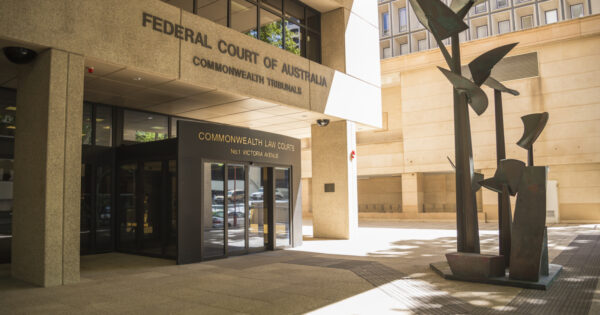Scam crackdown: Meta to ban unverified financial services ads

Advertisers on Facebook and Instagram promoting financial products or services targeting Australian consumers will soon need to be verified before their ads are published on site, as the social media giant moves to crack down on scam advertising.
Before accepting and running financial services-related ads, Meta – the parent company of Facebook and Instagram – will now require advertisers to verify their beneficiary and payer information, including their Australian Financial Services Licence (AFSL) number (unless otherwise exempted) before their ads can be published on site.
These ads may cover a range of financial products or services including insurance products, mortgages, loans (long and short-term), investment products and opportunities, credit cards, and credit applications.
Once verified, the published advertisement will automatically display verified payer and beneficiary information, which will present as a ‘Paid for By…’ disclaimer on site.
Meta said the new rules would serve to increase transparency and accountability around financial services advertising across its most popular platforms.
Corporate and financial services watchdog ASIC has in recent years warned of a surge in misleading, deceptive and predatory advertising by unverified financial services firms on social media sites, including outright scams or ‘finfluencers’ touting unlicensed products or services.
These requirements will kick in over the next month, with a complete rollout set for February 2025, where advertisers to Australian audiences will be required to undergo verification.
In the year to September alone, Australians have reported losses of more than $135 million to investment scams, with more than a quarter of these losses ($35 million) attributed to social media, figures from the ACCC’s ScamWatch service reveal.
However, real losses are likely to be considerably higher, with the consumer watchdog acknowledging that many Australians are unlikely to report losses to scams.
Despite the enormous financial losses, social media scams represent just a fraction (6.3%) of the total scams reported to ScamWatch.
Financial scam ads on social media are also becoming increasingly sophisticated, making ready use of ‘deepfake’ and other sophisticated digital masking technologies.
Among the most prolific online investment scams on social media sites appears under the brand ‘Quantum AI’, known for using images and fake videos of high-profile Australians, including Prime Minister Anthony Albanese, to promote its fraudulent investment scheme.
The Sydney Morning Herald reported that Meta platforms have accepted tens of thousands of dollars to run more than 150 ads touting the Quantum AI investment scheme.
Other victims have been caught out by scam ads which purport to be from legitimate financial services businesses, including established banks or wealth management firms, which effectively operate as payment redirection scams.
Meta ANZ managing director Will Easton said the social media giant recognised “the devastating impact that finance and investment scams can have on Australian consumers”.
Easton welcomed the financial advertiser verification as “an important additional step towards protecting people in Australia from these sophisticated scammers, who try to impersonate legitimate financial institutions and advertisers”.
The new requirements are part of Meta’s support for the voluntary Australian Online Scams Code introduced in July 2024 by the Digital Industry Group Inc (DIGI).
DIGI managing director Sunita Bose commended Meta’s introduction of the financial advertiser verification process as “a welcome boost in defences for Australian consumers against the criminal scammers who seek to exploit these services.”











So someone in India who isn't licensed provided personalised financial advice and ASIC's response is to tell them to be…
Seeking Regulatory relief from Regulation. Industry Super Funds want to control $1.6 Trillion $$$ and ever growing with almost zero…
If Kalkine has officially been released and operates under a legitimate license to provide general advice, it raises an important…
Not sure what they're seeking regulatory relief from. In my view is they get tickled with a warm lettuce leaf…
Will they ever be named & shamed, fined and banned for life ??? Unlikely hey ASIC & APRA, especially for…